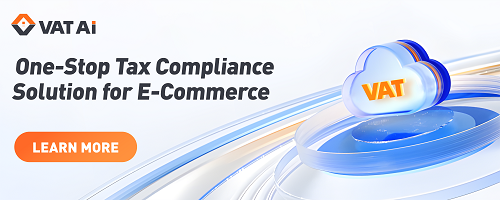- Types of Communication Models: E-invoicing utilizes various network models, ranging from 2-corner (direct point-to-point) to 5-corner systems, each defined by the number of communication nodes involved, affecting the efficiency and scalability of invoice exchanges between businesses.
- Advantages and Challenges: While 2-corner models allow direct interactions between buyers and sellers, they can lead to scalability issues as the number of partners increases. In contrast, 3-corner and 4-corner models introduce intermediaries that enhance flexibility and reduce direct connections, but may incur additional costs and reliance on third-party providers.
- Emerging Trends: The 5-corner model, which includes government entities for e-reporting, is gaining traction as countries implement e-reporting mandates. This model facilitates compliance and efficient data transmission, demonstrating a shift towards decentralized networks that enhance interoperability and scalability in business communications.
Source The Invoicing Hub
See also
- E-Invoicing/Real Time Reporting – What can you find on VATupdate.com
- Worldwide Upcoming E-Invoicing mandates, implementations and changes – Chronological
- Collection of E-Invoicing Guides – Worldwide – VATupdate
- Join the Linkedin Group on Global E-Invoicing/E-Reporting/SAF-T Developments, click HERE















